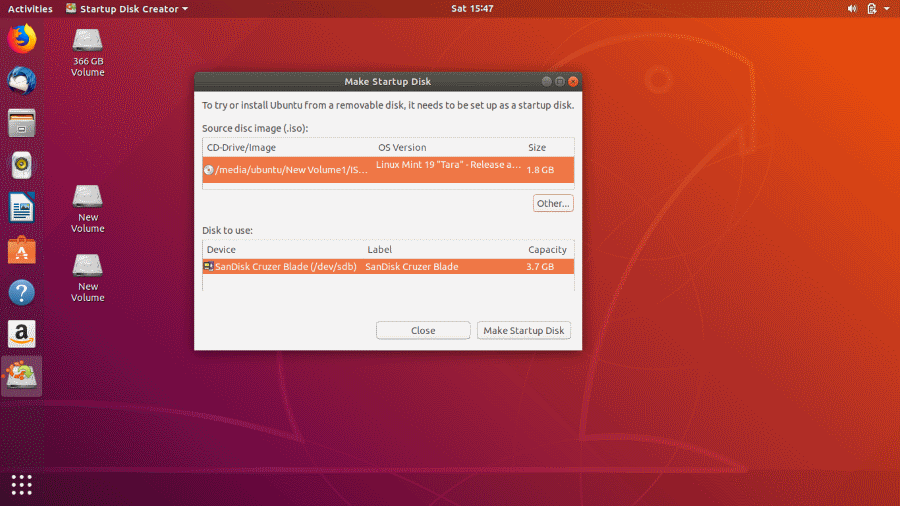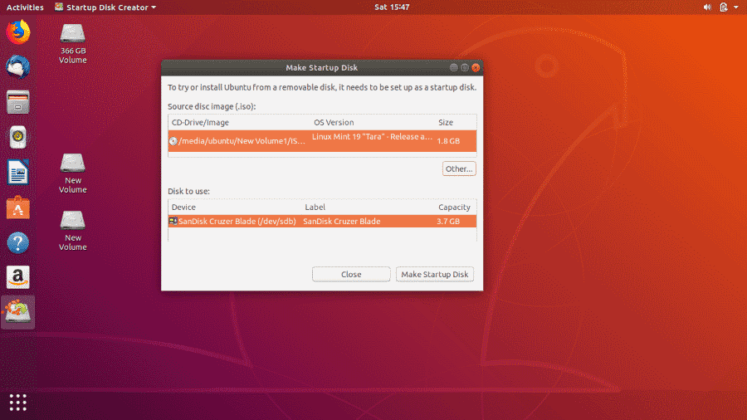

Generally an audio device can be selected in WSJT-X in several

Jack, that audio source or sink only appears dynamically, when a HDMI, whether it has speakers or a headphone socket or not.Īlso note that on most motherboards, if using audio via a 3.5mm

Generally recognised as being capable of accepting audio over Multiple audio devices, since an HDMI monitor, for instance, is The other thing to note, is that generally machines will have Not installed by default on Ubuntu 18.04. Which is the Pulseaudio fully-featured GUI audio controller. I don't think that anyone has mentioned pavucontrol, are there programs or apps that I can use to sort out and configure my audio settings? Any tips, tricks, or ideas on the best way to approach this problem? My setup is: Ubuntu 18.04.4 Cinnamon Desktop Icom 7300 with single USB cable (Cat and Audio) Flrig 1.3.48 Fldigi 4.1.08 Thanks, Ken K1KDA I am faced with another day of "let's try this." unless there are programs, apps, or tools that can stream line that process. The audio input and output choices I used the day before are gone. Sometime the next day I was "fine tuning" my desktop to set it up the way I like it when I must have changed an audio setting. I am a new Linux user and it took me a long time to get it setup because I had to use the "well, let's try this." configuration method. I conducted a few QSO's with Flrig and Fldigi to make sure they were actually working.
BOOTABLE LINUX FLDIGI FULL
Unfortunately, whatever I did didn't stick and I am stuck at square one again.On Tue, Mar 31, 2020, 08:38 Ken, K1DA via Groups.Io wrote: All, I spent a full day getting Flrig, Fldigi, WSJT-X and JTDX configured to run on my Linux machine. I don't remember what I did but I was able to get fldigi to at least read the current frequency a day or so ago. I am fairly certain this isn't the problem. I know there are a number of errors relating to audio devices. Here is the output that I get when I run fldigi from command line.

I have checked the connection and even after re-connecting in a different usb port it isn't recognized. It is connected directly to the back of the computer and not through a hub. I think the cable that the radio is on is the one labeled Prolific etc. LX710 Cordless Desktop Laserīus 001 Device 001: ID 1d6b:0002 Linux Foundation 2.0 root hubīus 002 Device 001: ID 1d6b:0001 Linux Foundation 1.1 root hubīus 001 Device 006: ID 1058:1102 Western Digital Technologies, Inc. USB Headsetīus 002 Device 003: ID 067b:2303 Prolific Technology, Inc. HighSpeed Hubīus 002 Device 002: ID 046d:0a01 Logitech, Inc. This is the very same cable that I have used in the past with previous software versions.īus 001 Device 003: ID 0409:0058 NEC Corp.
BOOTABLE LINUX FLDIGI SERIAL
My radio is a Yaesu Ft-897d and I am using a USB cable, not a USB to serial adaptor. I have used Fldigi in the past and have had it working flawlessly with previous versions of Fldigi and Ubuntu. It doesn't seem to matter how I set it up. My problem is that when I try to set up my rig I get the following error - hamlib_init: IO error.
BOOTABLE LINUX FLDIGI INSTALL
I just upgraded Ubuntu to 12.10 64 bit and as part of the upgrade I install Fldigi.


 0 kommentar(er)
0 kommentar(er)
